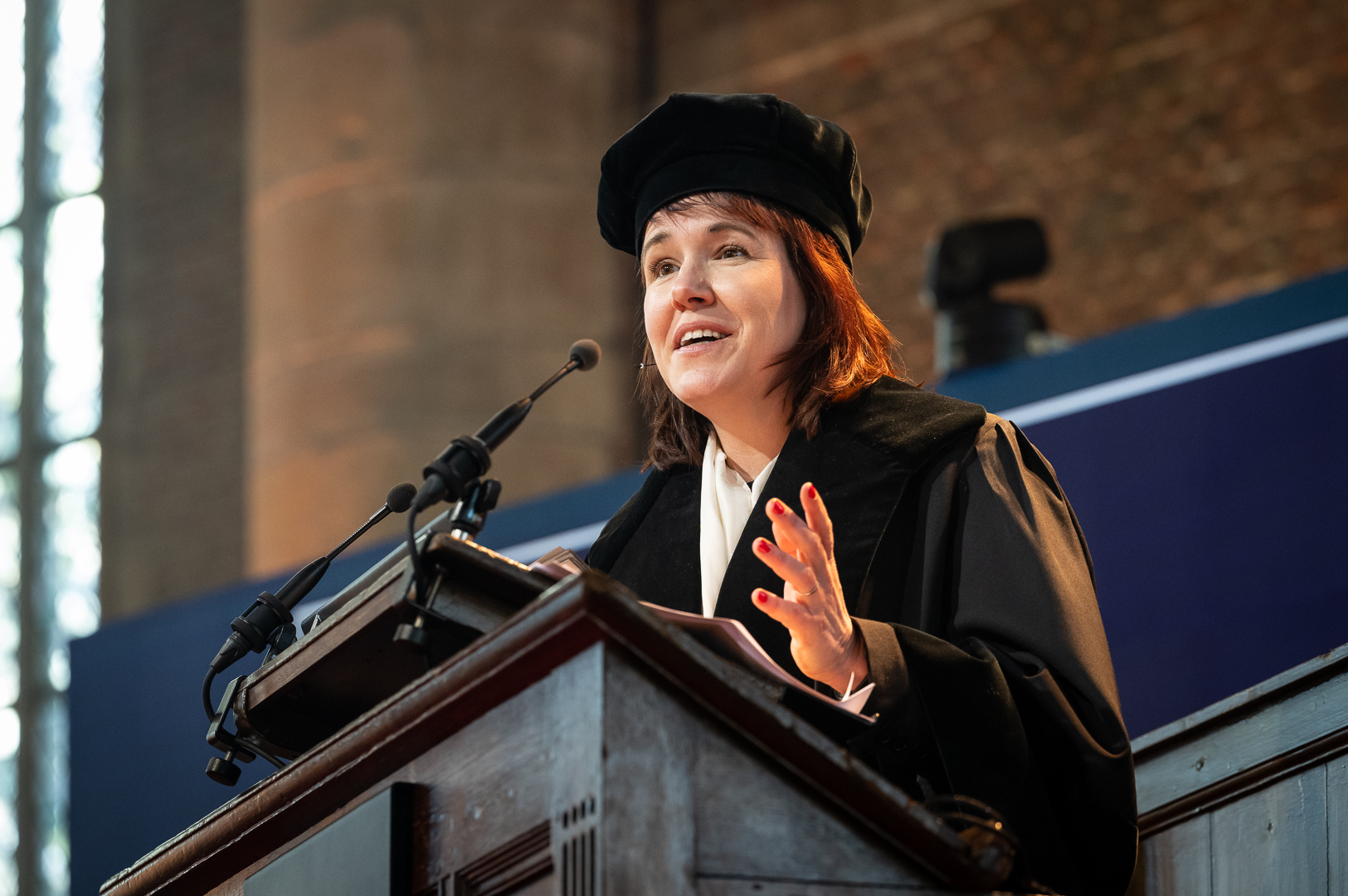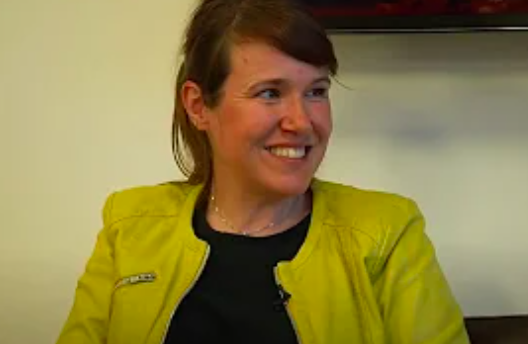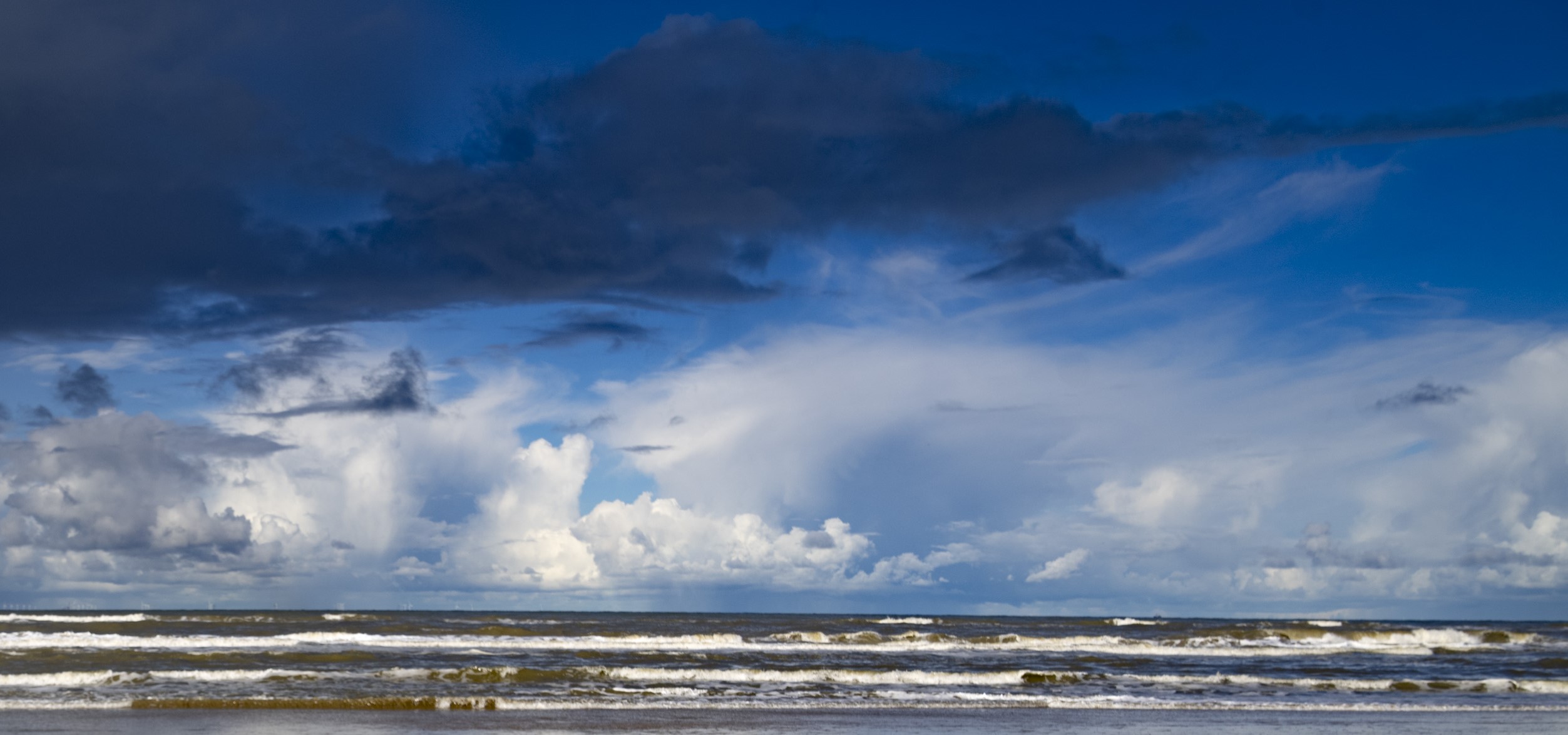Categorie: Lezing
-
Leven in de Tower of Story & Lessen voor de de Tower of Science
De Van der Leeuw-lezing 2024 wordt gepubliceerd als boekje, waarin ik samen met David Mitchell verschijn – er zijn dingen waar ik minder trots op ben! De verwachting is dat de boekjes snel uitverkocht zullen zijn, dus als je er eentje wilt: reserveer hem dan snel! Het boekje is hier te bestellen/reserveren.
-
The Tower of Song/Science – Van der Leeuw-lezing 2024
Op 1 november 2024 mocht ik een lezing geven bij de 42e editie van de Van der Leeuw-lezing in de Martinikerk als coreferent van auteur David Mitchell. De gehele lezing is hieronder terug te zien. In de Volkskrant werd een artikel geplaatst waarin mijn lezing als coreferent terug te vinden is, samen met een fantastische…
-

Diesoratie
Dit jaar mocht ik een diesoratie geven bij de 448ste verjaardag van de Universiteit Leiden. Dit is hoe de universiteit mijn oratie beschreef: Hoe zorgen we dat wetenschap van waarde is voor de samenleving? Volgens hoogleraar Ionica Smeets is wetenschapscommunicatie daarvoor cruciaal, zo zei ze in haar diesoratie. Aan de manier waarop wetenschappers hun kennis…
-

Ionica in Heidelberg: haardvuurgesprek over wetenschapsjournalistiek en -communicatie
Als begin van haar gasthoogleraarschap in Heidelberg was Ionica te gast bij een haardvuurgesprek. Hierin praat Ionica samen met Prof. Dr. Michael Boutros en Annika Elstermann over de onderwerpen wetenschapsjournalistiek en wetenschapscommunicatie. Het gesprek werd geleid door Prof. Dr. Matthias Weidemüller, vice-rector aan de Universiteit van Heidelberg.
